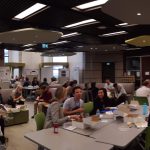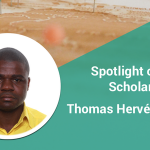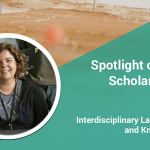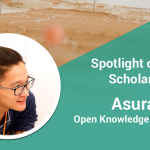
January 2018 E-Newsletter
Welcome to the second edition of the ELPUB 2018 Newsletter! We plan to use this forum to share the latest conference news, important date reminders, and interesting materials related to the theme of this year’s conference – Connecting the Knowledge Commons: From Projects to Sustainable Infrastructure.
We are pleased to announce two of the keynote speakers who will be presenting at #ELPUB2018: a leader in the digital humanities and media studies, Dr. Kathleen Fitzpatrick, and proponent of open science for drug discovery, Dr. Aled Edwards. You can read more about them below.
We’d also like to remind you, there is still time to submit your abstract to present at #ELPUB2018! We have received several requests for an extension for submissions, and have decided to extend the submission deadline until the end of January. We hope this will give everybody sufficient time to complete their abstracts for submission. Please spread the word – the submission deadline has been extended to January 31, 2018!
We are committed to fostering an inclusive and accessible environment for participation, and this includes ensuring that conference registration and travel costs are not a barrier to attendance. We will be offering an early-bird registration rate (registration opens Feb 1), as well as lower rates for students. We are also in the process of raising funds in order to provide travel scholarships for presenters from the Global South. Stay tuned for more details!
We welcome your feedback, comments and questions, so don’t hesitate to get in touch by emailing elpub2018@utsc.utoronto.ca.
Best wishes for a great start to the new year!
The ELPUB Team

There is still time to share your research, initiatives and ideas!
The ELPUB 2018 Call for Papers and Participation has been extended until January 31, 2018.
Important Dates
**UPDATED** Jan 31 – Abstract submissions due
Feb 1 – Early registration open
>> More
ELPUB News: Announcing two of our #ELPUB2018 Keynote Speakers

Kathleen Fitzpatrick
Dr. Kathleen Fitzpatrick, a leader in the fields of digital humanities and media studies, is Director of Digital Humanities and Professor of English at Michigan State University. Prior to assuming this role in 2017, she served as Associate Executive Director and Director of Scholarly Communication of the Modern Language Association, where she was Managing Editor of PMLA and other MLA publications, as well as overseeing the development of the MLA Handbook.
Fitzpatrick is project director of Humanities Commons, an open-access, open-source network serving more than 10,000 scholars and practitioners in the humanities. She is also co-founder of the digital scholarly network MediaCommons, where she led a number of experiments in open peer review and other innovations in scholarly publishing.

Aled Edwards
Dr. Aled Edwards is the founding CEO of the Structural Genomics Consortium (SGC), a public-private partnership that supports the discovery of new medicines through open access research. He is also Professor at the University of Toronto and Visiting Professor at the University of Oxford.
Trained as a protein biochemist at McGill University (with Peter Braun) and at Stanford University (with Roger Kornberg), his research interests include structural biology, host-virus interaction, functional proteomics and drug discovery. Edwards’ other interests include open access and open innovation approaches to drug discovery, and science outreach.
Further reading and engagement...
Each issue we will share some articles and commentary related to the theme of this year’s ELPUB Conference – Connecting the Knowledge Commons: From Projects to Sustainable Infrastructure. If you have any ideas for interesting content to share in the next issue, please send it to elpub2018@utsc.utoronto.ca!
“…(Academic) science is now a business – a business in which we compete more than we collaborate, a business in which we reward splash over substance, a business in which transactions between professors involve lawyers, and a business that benefits rich nations over developing ones. I think it’s time to take a step back and reconsider our approach.”
“One of the great benefits of digital technologies as we have them implemented them today in scholarly communication, in particular, is the ability not just to get a published text out into circulation very quickly, but you can put it on the web and it can instantaneously be interacted with by scholars all over the world… You can read the text that’s published online and you can respond to it, sometimes in the same space as that text. And so the the the scholarly publication turns into a venue for a kind of conversation between the scholar and the audience that’s reading it. And that, I think, is one of the really crucial affordances of digital media – is the ability to transform the event of publishing from a one-way communication of ideas into a real exchange.”
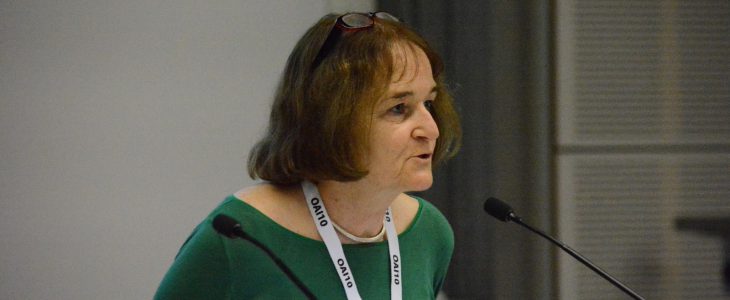
2017 marked the 15th anniversary of the Budapest Open Access Initiative (BOAI), the meeting that led to the launch of the open access movement. Richard Poynder put this question to various people: “What should the stakeholders of scholarly communication be doing now to fully realise the vision outlined at the Budapest meeting?” This post includes response from open access advocate Dominique Babini, based in Argentina.
“Funders might instead want to consider progressively redirecting public money earmarked for scholarly communication to initiatives focused on creating a more inclusive and participatory global scholar-led non-profit open access infrastructure, one that facilitates and encourages collaboration, diversity (of both content and formats) and so helps enable a more equitable scientific dialogue to take place, both within the global research community itself, and with other publics.”
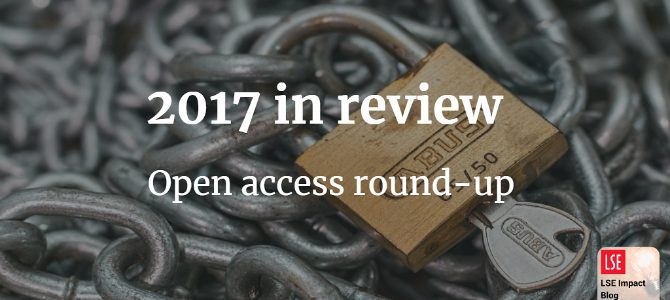
Heather Piwowar and Jason Priem report on the successful pre-release phase of Unpaywall, a web browser extension that links users directly to free full-text versions of research articles. Juan Pablo Alperin suggests we are at the beginning of a new era of large-scale, big data research on the state of scholarly publishing and public access to research. Open access has always been about more than just improving access to research, and Janneke Adema and Samuel A. Moore here highlight what the Radical OA Collective can offer.
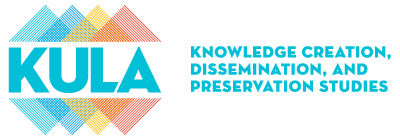
Research Article by: Cameron Neylon
KULA: knowledge creation, dissemination, and preservation studies
“The infrastructures that underpin scholarship and research, including repositories, curation systems, aggregators, indexes and standards, are public goods. Finding sustainability models to support them is a challenge due to free-loading, where someone who does not contribute to the support of an infrastructure nonetheless gains the benefit of it.”
Happy New Year from the ELPUB Team!
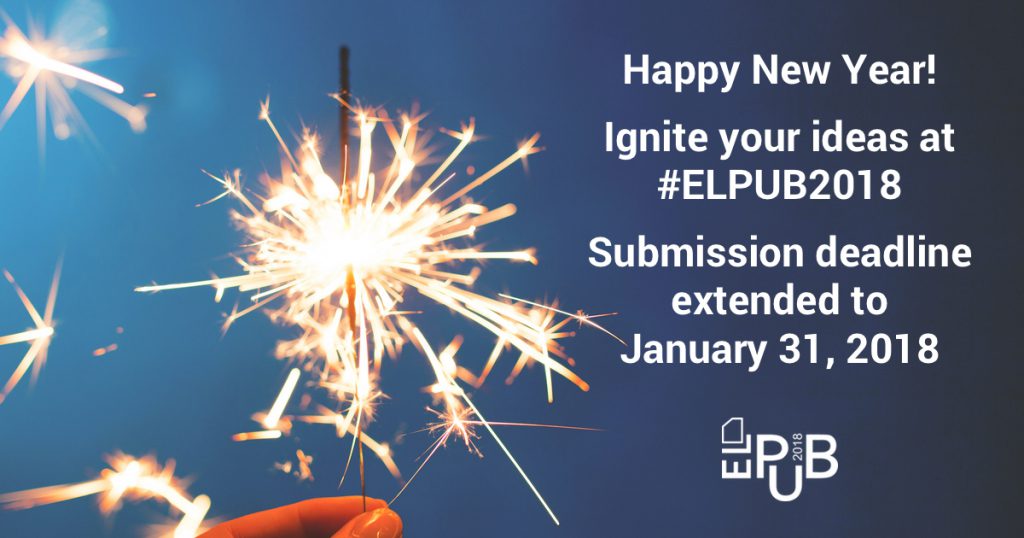
View of Toronto and frozen Lake Ontario photo: https://commons.wikimedia.org/wiki/File:Frozen_lake_toronto.jpg
Sparkler photo by Stephanie McCabe on Unsplash
